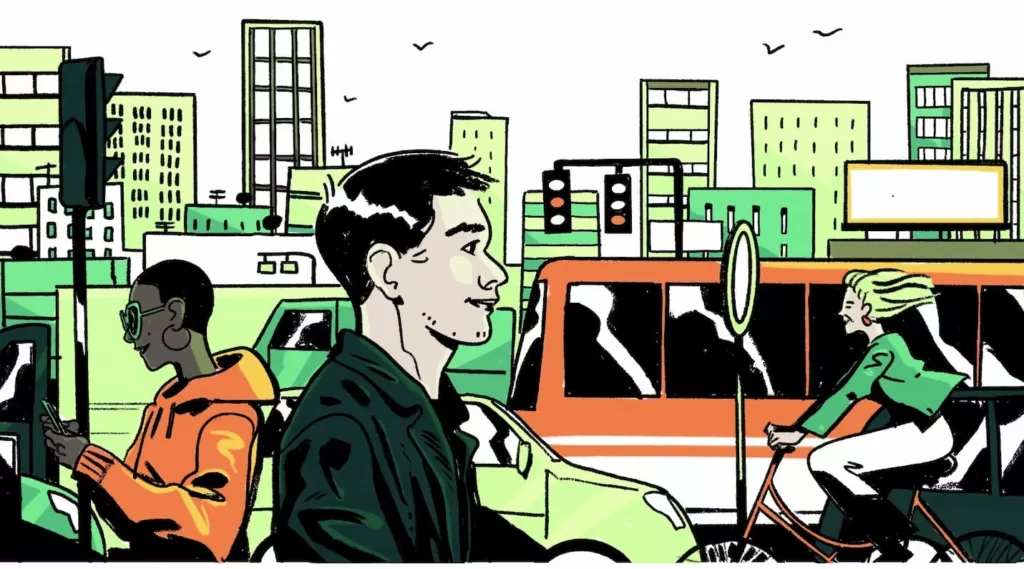‘Greener Fairer Transition’ – the story of a successful participatory research process


Climate policies are too often believed to increase the gap between rich and poor households or reduce the affordability of energy services. However, with the right policy design, greenhouse gas emission targets can lead to both a cleaner, more climate-friendly environment and a fairer society.
This is what a group of researchers led by Ikerbasque Professor Mikel González-Eguino thought when they started a research process in 2021 related to the need to increase taxation on fuel in Spain. The whole process lasted one year and concluded with the release of the publication Ensuring a just energy transition: A distributional analysis of diesel tax reform in Spain with stakeholder engagement in June 2023. The importance of this research story though doesn’t rely on the result but on the process.
The study combined quantitative and qualitative methods in four stages to jointly design and evaluate possible tax reforms to eliminate the favourable tax treatment of diesel over petrol.
As a first step, the distributional consequences of a diesel tax increase were analysed. Then, the research group’s results were shared with stakeholders to consider compensation schemes altogether. Finally, the policy packages with the diesel tax increase and the co-designed compensation schemes were analysed.
“The whole process was co-created with other stakeholders. That is why we organized focus groups with trade unions, companies, NGOs and many others, with the opportunity to get feedback from members of the Spanish Parliament.” Mikel González-Eguino, Ikerbasque Research Professor at BC3.
This study shows that although the effect of the diesel tax increase in Spain is slightly regressive, it can become progressive if combined with appropriate compensation schemes. The identification of the most affected households allows the design of highly targeted actions to offset the possible negative impacts. These findings can be very useful for policymakers and contribute to achieving a fair, acceptable and politically feasible transition to a carbon-neutral economy.
“We demonstrate that diesel taxation can be progressive if it is combined with compensation measures to low-income groups. The integration of relevant actor voices in the process will help to improve the policy design and acceptability of this policy.” Xaquín García-Muros BC3 Researcher
Read the full story of this participatory research process here: https://greener-and-fairer-transition.bc3research.org/es/home/
